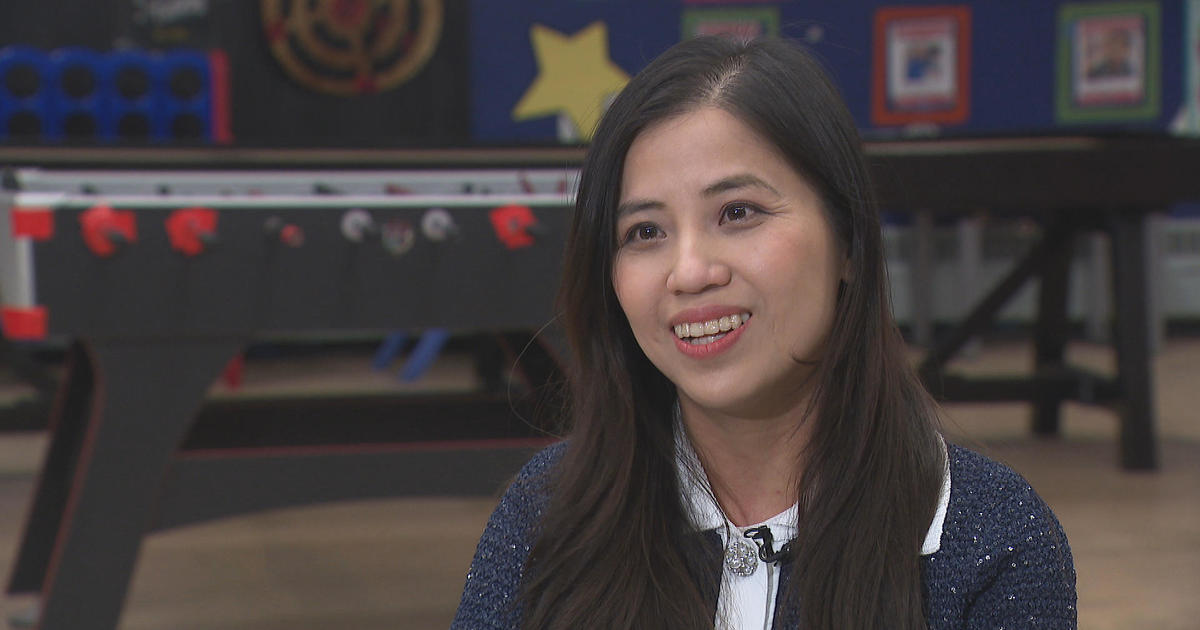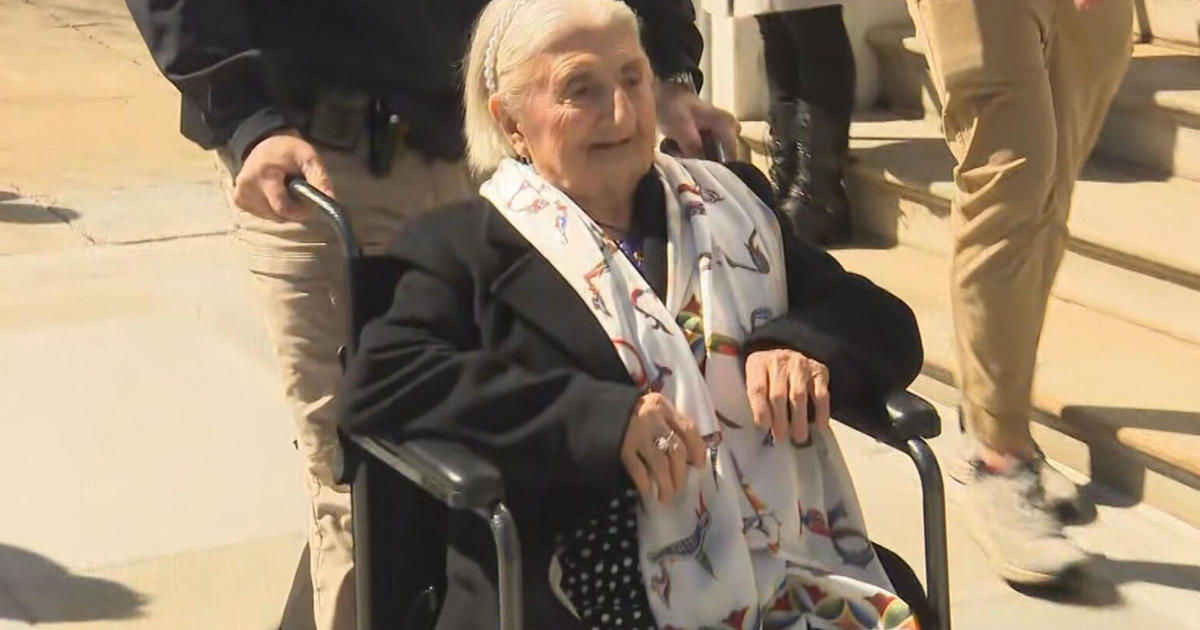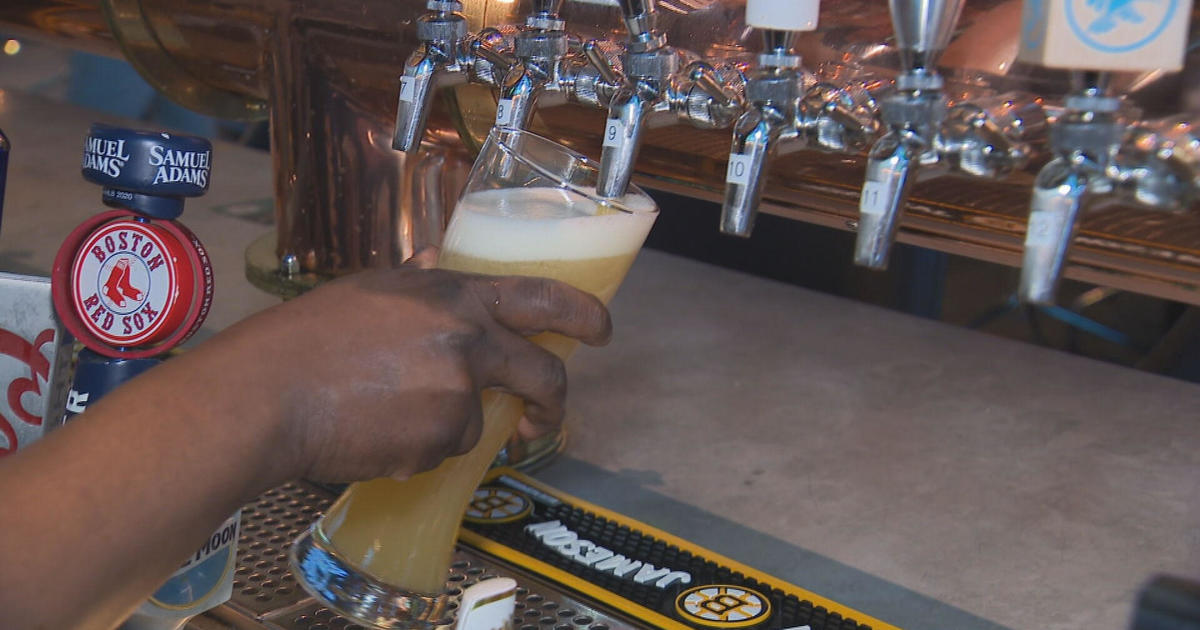Can I Babysit My Granddaughter? Dr. Mallika Marshall Answers Coronavirus Questions
BOSTON (CBS) – Dr. Mallika Marshall is answering your coronavirus-related medical questions. If you have a question for Dr. Mallika, email her or message her on Facebook or Twitter.
Dr. Mallika is offering her best advice, but as always, consult your personal doctor before making any decisions about your personal health.
"Is it safe to have my 5-year-old granddaughter in the car with me or babysit her at my home?" - Debbie
It's never completely safe to be in close contact with someone you don't live with, especially if you're at high risk. If you're going to ride in the car with your granddaughter, you should wear masks and keep the windows open. Being in your home is even riskier. And if your granddaughter returns to school, she could expose you to the virus. So, as always, carefully weigh the pros and cons and consult your doctor.
"I'm 69 and have underlying health conditions. I work as a bagger at a supermarket and wonder if I should go back to work or wait for a vaccine to become available." - Kathleen
Unfortunately, we can't yet predict when a vaccine will be widely available to the public, so you may be waiting for some time before you can get immunized. You'll have to weigh the benefits of working against the risk of contracting the virus at work. How well protected would you be at your supermarket? Can you afford to stay at home? Talk to your family and your personal physician to help you make the right decision for you.
"I am an election official. When people come to the polls, how long is the virus expected to last on the ballots?" - Carol on Facebook
The virus may be able to survive on paper for a few days. But if people are wearing masks when they come in to vote and you wash your hands or use hand sanitizer after handling the ballots, you can significantly reduce your risk of getting infected.
"Will you please clarify what a negative test means?" Roslynn on Facebook
A negative test simply means that the lab could not detect virus in that specimen. It could mean that you're not infected, or it could be a false negative due to collection or lab error. But even if you have a true negative test, it just reflects that you're negative on that day. You could leave the testing site and get infected later that day, so it's only a snapshot in time.



